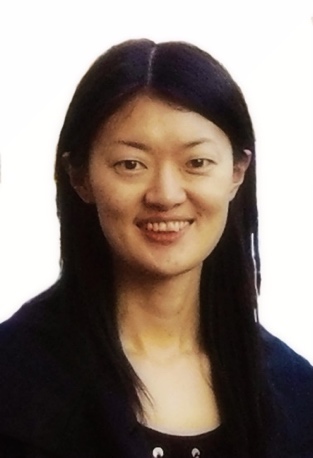Jianying He
NTNU Nanomechanical Lab, Norwegian University of Science and Technology (NTNU), 7491, Trondheim, Norway
Abstract: Preventing the formation and accretion of ice on exposed surfaces is of great importance for Arctic operation, renewable energy, electrical transmission cables in air and shipping. While studies on suppressing ice nucleation by surface structuring and local confinement are highly desired, a realistic roadmap to icephobicity for many practical applications is perhaps to live with ice, but with the lowest possible ice adhesion. From the viewpoint of fracture mechanics, the key to lower ice adhesion is to maximize the ice-substrate interface-crack driving forces at multiple length scales. Herein, we propose a novel macro-crack initiator mechanism in addition to the nano-crack and micro-crack initiator mechanisms, and demonstrate a new strategy to design super-low ice adhesion surfaces to fatally weaken ice-substrate interface. The results show that PDMS thin films with 1 mm inner holes in two layers approach an ice adhesion strength of 5.7 kPa. The introduction of sub-structures into PDMS thin films promotes macro-crack initiators, and is able to reduce ice adhesion strength by ~50% compared with that of PDMS thin films without sub-structures, regardless of layer thickness, curing temperature, weight ratio and the size of inner hole. The ice adhesion can be even lowered to around 1 kPa with porous sponge layer. Therefore, rationalizing the three crack-initiator mechanisms and their interactions at multi-length scales may provide an effective strategy towards designing super-low ice adhesion surfaces.

professor in Nanomechanics at Norwegian University of Science and Technology (NTNU), Trondheim, Norway, received her PhD in Engineering from NTNU in 2009 with the prestigious ExxonMobil Prize for Best PhD in Applied Research. Since 2011 she worked as an associate professor at NTNU and was promoted to full professor in 2017. Currently she is spending her one-year sabbatical in China. She is honored as one of the 17 selected Outstanding Academic Fellows at NTNU. She dedicates her research to the nanomechanics and interface mechanics of energy and functional materials. She has published more than 140 scientific papers with latest ones in world-class journals like Nature Communications, Nano Letters, Materials Horizons, and Journal of the American Chemical Society (JACS).
Email: jianying.he@ntnu.no